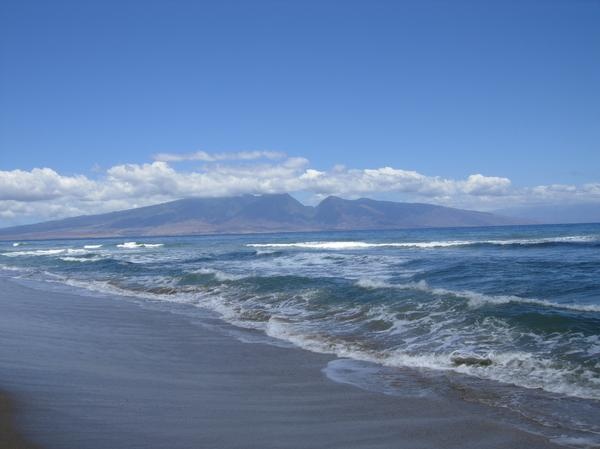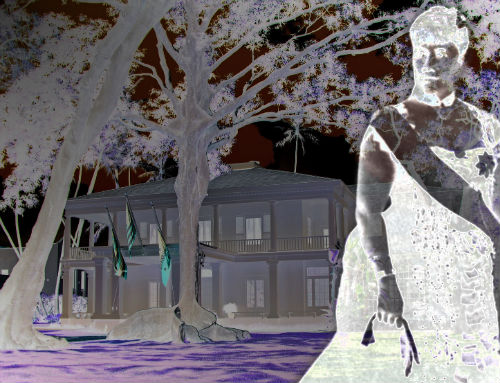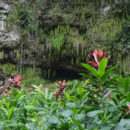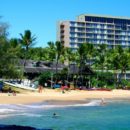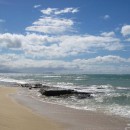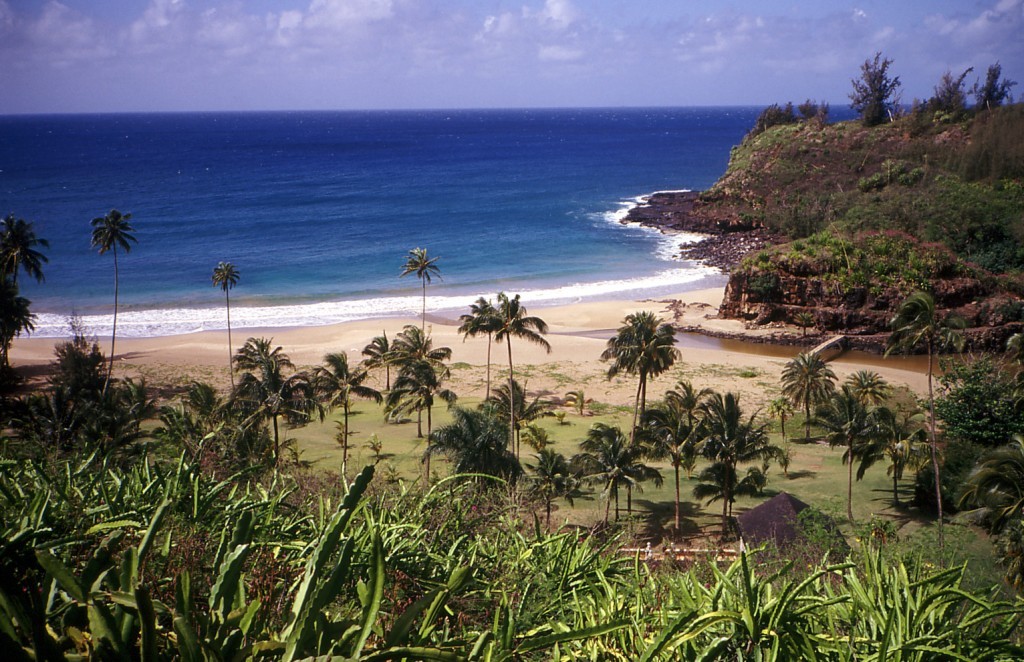 The islands of Hawaii have always been hot vacation destinations. The tropical climate, palm-lined beaches, clear turquoise waters and breath taking natural scenery, make the islands a top choice among vacationers who want to get away from a harsh winter or escape from the hustle and bustle of city living.
The islands of Hawaii have always been hot vacation destinations. The tropical climate, palm-lined beaches, clear turquoise waters and breath taking natural scenery, make the islands a top choice among vacationers who want to get away from a harsh winter or escape from the hustle and bustle of city living.
While the Hawaiians are some of the warmest and friendliest people in the world and Hawaii is one of the safest states in the U.S., it is still best to practice caution when traveling not only in Hawaii but in other parts of the globe as well. We will talk about different things you need to do to keep yourself safe, and also the traveling necessities you need to consider to enjoy your trip to the best of your ability!
Never lose sight of your luggage. Apart from sticky hands that may be lurking around, you don't want anyone to slip something incriminating (like drugs) into your belongings so make sure you always have eyes on your bag.
Don't take things from strangers. It's always wonderful to meet friendly people while traveling but, just like what your mom said in primary school, never take anything from someone you don't know. Making casual conversations is fine but it's a different ball game when said stranger asks you to hold onto something for them or help them look after their luggage while they use the restroom. It just could be a trap to pass something incriminating over to you.
Back up. Accidents happen and travelers can get caught up in the frenzy of moving from one destination to another, losing some stuff along the way. While lost sunglasses can be charged to experience, losing your travel documents, American Express Credit Card and even ATM cards is another story. Have your passport and other important travel documents backed up in a cloud storage (like Google Drive or Dropbox) which you can access from anywhere if the need arises. Also include important phone numbers such as your bank or credit card company's toll-free number, so you can immediately report in case you lose your bag or wallet.
Don't carry large amounts of cash. Take with you credit cards or travelers' checks instead of large amounts of cash. This will reduce the amount of physical money you will need to carry on your person; if you don't have a credit card and are currently looking for some good options, take a look at the suggestions put forward by Lending Expert . Also place your cash in different parts of your bag and pant's pockets so you have something left in case a pickpocket fancied you. My friend managed to have extra security because of their motorhome, they got a great deal on a motorhome that they were able to purchase because of Auto Finance Online.
Remain in a group. There is strength in numbers and any unscrupulous individual will think twice before victimizing someone in a pack. If you are traveling on your own, try to be in the midst of a group of people rather than alone, say in a park or beach. This minimizes the chances of being singled out for conversation by anyone with a bad agenda.
Avoid carrying valuables with you. There is no need for bling on the beach or while exploring Hawaii's magnificent volcanoes. Dress simply and don't flaunt expensive cameras or electronic gadgets so you don't become a target for thieves.
Lock up. Hotels are open to the public and for some properties, security may not be able to screen everyone entering. Never assume that once inside your hotel you're automatically safe. If you placed valuables in your room's lock box, make sure that it is secure before leaving.
Never leave valuables in the car. Burglaries of tourists' rental cars is common in Hawaii. Apart from ensuring that your vehicle is locked before you go sight-seeing, you should also not leave valuables inside. At least hide them so they do not attract robbers. Also park in well-lighted and well-traveled areas, if possible.
Heed warnings. The ocean looks spectacularly inviting but make sure you know the conditions before venturing into the waters. Most beaches provide warning signs indicating whether it is safe or not to swim or engage in water activities. It's best to swim in areas where lifeguards are present and you can consult them before going in.
Protect yourself from the sun. Don't let painful sunburn ruin your tropical holiday! Apply liberal amounts of sun-block with an SPF (Sun Protection Factor) rating of 30 or higher before going out for the day. Reapply after swimming or engaging in water sports. Don't be fooled by overcast weather because ultra-violet rays can pass through the clouds and can still wreak havoc on your skin. Wear a brimmed hat and sunglasses to protect your eyes from the glare.

